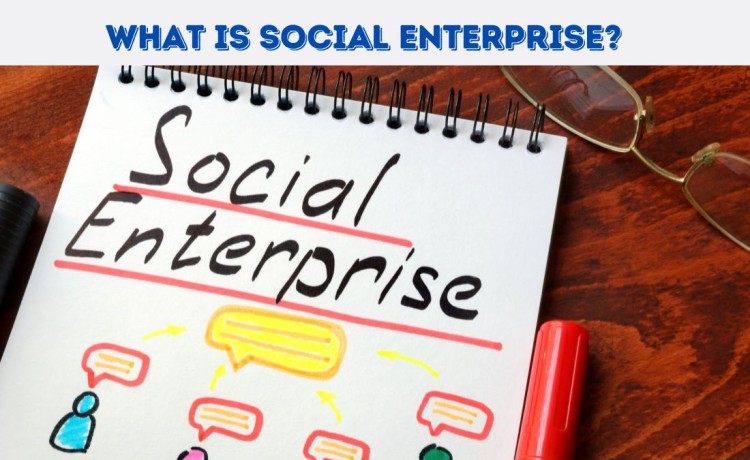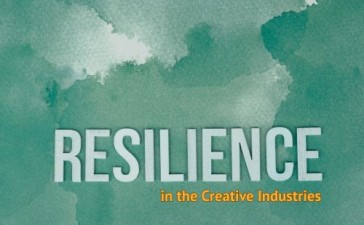A social enterprise is a business that prioritizes social, environmental, or cultural objectives alongside financial goals. Unlike traditional businesses, which primarily focus on maximizing profits for shareholders, social enterprises aim to address societal issues while generating revenue to sustain their operations. This dual-purpose approach combines the best of both worlds: the efficiency and innovation of private enterprise with the mission-driven focus of non-profits.
Insight into the Business for Purpose Structure
The business for purpose structure is central to social enterprises. This model seeks to create a positive impact on society while maintaining financial viability. The structure typically includes:
- Mission-Driven Goals: The primary objective is to address a specific social, environmental, or cultural issue. This could range from providing employment opportunities to marginalized communities to creating eco-friendly products that reduce environmental harm.
- Profit Reinvestment: Profits are often reinvested back into the enterprise to further its social mission rather than being distributed to shareholders. This ensures that the enterprise can continue to grow and amplify its impact.
- Sustainable Revenue Generation: Unlike traditional non-profits that rely heavily on donations and grants, social enterprises generate their own income through the sale of goods and services. This approach not only provides financial stability but also ensures that the enterprise remains accountable to its customers and beneficiaries.
- Inclusive Business Practices: Social enterprises often adopt inclusive practices, such as fair trade, ethical sourcing, and equitable employment policies, to ensure that their operations benefit all stakeholders involved.
- Impact Measurement: To ensure transparency and accountability, social enterprises measure and report on their social and environmental impact. This helps them to demonstrate the value they create and to continually improve their practices.
ArtSHINE: A Case Study in Social Enterprise
ArtSHINE is a prime example of a social enterprise that leverages the business for purpose structure to create a positive impact in the creative industry. ArtSHINE focuses on empowering artists, designers, and other creatives by providing them with the tools, resources, and support they need to succeed.
Mission-Driven Goals
ArtSHINE’s mission is to help artists and creatives build sustainable careers by turning their passion into a profitable venture. The organization aims to address the challenges faced by artists, such as financial instability, lack of business knowledge, and limited access to markets. By offering coaching, mentorship, and business development services, ArtSHINE helps creatives to navigate the complexities of running a business while staying true to their artistic vision.
Profit Reinvestment
ArtSHINE reinvests its profits back into its programs and services to ensure that more artists can benefit from its support. This includes offering scholarships, organizing workshops, and providing access to marketing and distribution channels. By reinvesting profits, ArtSHINE can expand its reach and amplify its impact within the creative community.
Sustainable Revenue Generation
ArtSHINE generates revenue through a variety of means, including membership fees, coaching services, and licensing agreements. For instance, ArtSHINE Licensing, a branch of the organization, connects artists with companies looking to license their artwork for products such as home décor, fashion, and stationery. This not only provides artists with a steady income stream but also increases their visibility and market reach.
Inclusive Business Practices
ArtSHINE is committed to fostering an inclusive and supportive environment for all creatives, regardless of their background or experience level. The organization promotes ethical business practices, such as fair compensation for artists and transparent licensing agreements. By advocating for the rights and interests of artists, ArtSHINE ensures that its operations align with its mission to create a fair and equitable creative industry.
Impact Measurement
ArtSHINE regularly measures and reports on its social impact to ensure that it remains accountable to its stakeholders. This includes tracking the number of artists supported, the success stories of those who have benefited from its programs, and the overall growth of the creative businesses it works with. By monitoring its impact, ArtSHINE can continually refine its strategies and improve its services to better meet the needs of its community.
The Broader Implications of Social Enterprises
Social enterprises like ArtSHINE play a crucial role in addressing some of the most pressing issues faced by society today. By blending profit-making with purpose, they offer a sustainable solution to problems that traditional businesses and non-profits may struggle to tackle on their own.
Economic Impact
Social enterprises contribute to economic development by creating jobs, stimulating local economies, and fostering innovation. By providing opportunities for marginalized groups and supporting small businesses, they help to reduce poverty and inequality.
Social Impact
Through their mission-driven activities, social enterprises address a wide range of social issues, from education and healthcare to environmental conservation and cultural preservation. By prioritizing social good, they help to create a more inclusive and equitable society.
Environmental Impact
Many social enterprises focus on sustainability and environmental stewardship. By promoting eco-friendly products and practices, they help to reduce waste, conserve resources, and mitigate the effects of climate change. This is increasingly important as consumers and businesses alike seek to minimize their environmental footprint.
Conclusion
Social enterprises represent a powerful and innovative approach to business, one that prioritizes purpose alongside profit. Through their mission-driven goals, profit reinvestment, sustainable revenue generation, inclusive practices, and impact measurement, they offer a blueprint for creating positive social, economic, and environmental change. ArtSHINE exemplifies this model by empowering artists and creatives to build successful careers while making a meaningful impact in the creative industry. As social enterprises continue to grow and evolve, they have the potential to transform the way we think about business and its role in society.
- Find out more
- Launch Pad + Accelerator Expressions of Interest
- Selling and Licensing Your Art & Designs Around the World with ArtSHINE.
- Looking for exciting new Art and Designs to license.
We’re here to help you to take action, just like we’ve helped thousands of other entrepreneurs, business owners, and creative professionals all around the globe.
Now is the time to let your passion SHINE.
Now is the time to Make Tomorrow Today!
To your success, Vinh Van Lam and Stuart Horrex Cofounders ArtSHINE.com





